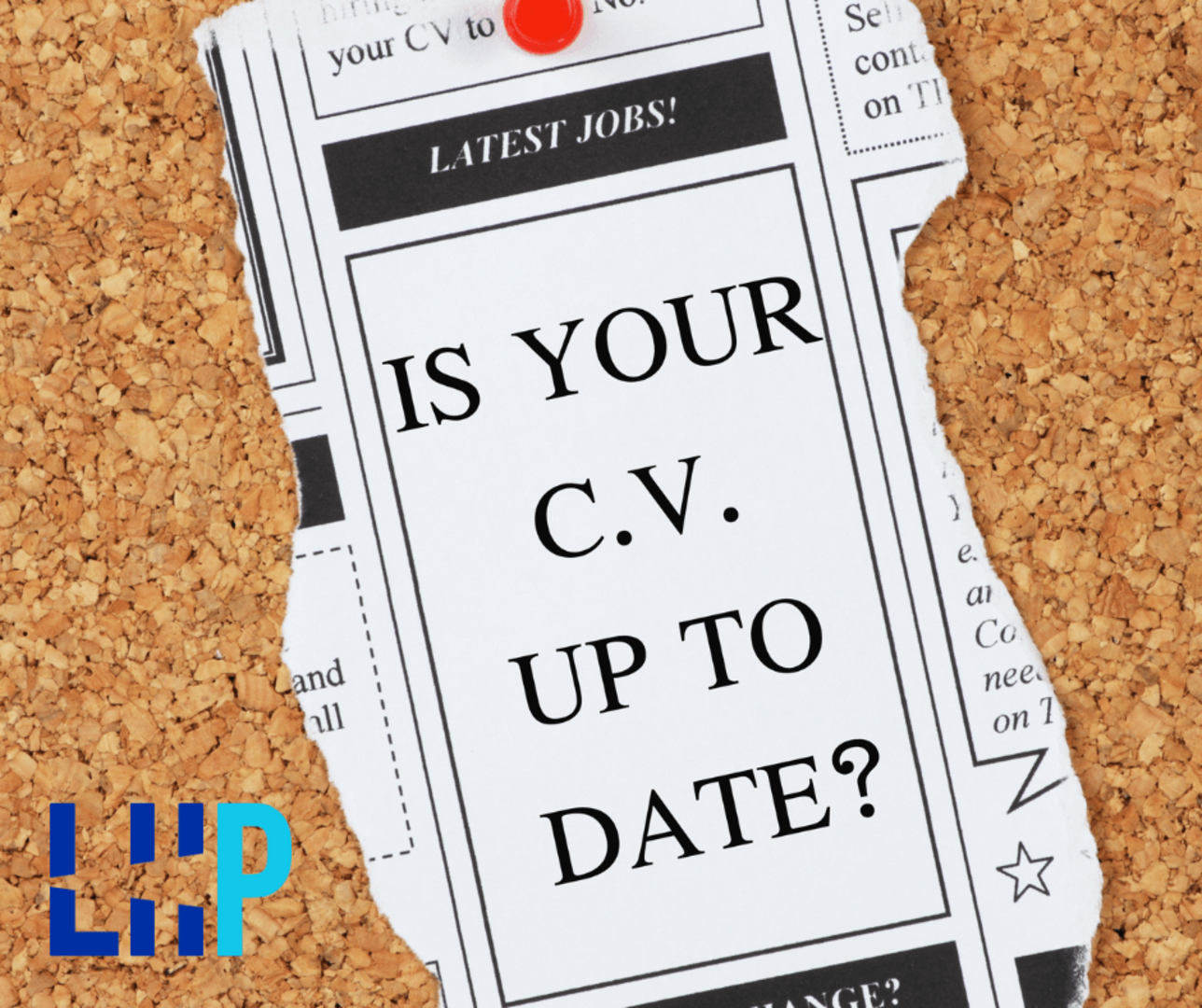CV Writing Tips

CV Constructor
Whether you are writing your first CV or improving your current CV, below you will find easy to follow steps along with tips to help make your CV stand out from the crowd.
Step One
Personal Details
One of the easiest sections, but make sure it is well presented and you can also include additional information that may be relevant or interesting such as if you have a driving license. We also recommend adding your LinkedIn Profile (and if you don’t have one, create one).
Personal Details
One of the easiest sections, but make sure it is well presented and you can also include additional information that may be relevant or interesting such as if you have a driving license. We also recommend adding your LinkedIn Profile (and if you don’t have one, create one).
This should be at the top of your CV.
Example:
Joe Bloggs
1 The Street
London
NW1
Tel: 07000 123456
Email: joe.bloggs@yahoomail.com
LinkedIn: www.linkedin.com/joebloggs
Full UK Driving Licence
Top Tips!
Example:
Joe Bloggs
1 The Street
London
NW1
Tel: 07000 123456
Email: joe.bloggs@yahoomail.com
LinkedIn: www.linkedin.com/joebloggs
Full UK Driving Licence
Top Tips!
- Avoid an unprofessional email address
- Avoid optional details such as date of birth, gender, marital status etc.
Step Two
Personal Profile
This is your chance to explain who you are, and why they should hire you. Include your best traits, what you are looking for and when you are available.
This should be immediately underneath your personal information and should be around 4 sentences long. On average a hiring manager will make a judgement within 7 seconds, so don’t be afraid to blow your own trumpet.
Top Tips!
- Make it short (no more than 5 lines) and punchy
- Make it relevant to the job that you are applying for (tailor it each time)
- Write specific positive things about yourself including examples
Step Three
Key Skills
Look at the job description and see how you can apply your skills. Back up any skills with evidence in the form of examples.
There are several different ways of laying this out, but make sure it’s neat, logical and explains how you apply each skill.
Example:
Skills
Building Relationships
- I am an effective networker and able to build strong relationships
Attention to Detail
- I have excellent attention to detail and am responsible for reviewing others’ work
Top Tips!
- Always relate your skills to real life examples
- Only include relevant skills that will assist you in the job
Step Four
Work Experience
Make sure the most relevant and recent is first. Be specific when outlining your duties and refine them to the role you are applying for. There is no need to repeat your duties if you have had similar roles. You don’t need to add every job, if they are not relevant to the role.
Include job title, dates and responsibilities, making sure you are specific.
If you are applying for your first role, you can include weekend/evening work, or even positions of responsibility/commitments during education.
Example:
Experience
Job Title | Company
Dates From - To
Describe responsibilities and achievements (use examples, but keep brief)
Top Tips!
- Highlight your achievements
- Don’t include any outdated or irrelevant work experience
- Avoid using jargon, or technical terms unless relevant to the role
Step Five
Education
This section is for your education and qualifications. If you are still studying or working towards a qualification, it’s important to specify this, especially if it’s is relevant to the job you are applying for.
Example 1:
Education
Qualification | Date | Academic Institution
Include details of any awards or honors.
Example 2:
Education
A Levels / GCSE
Academic Institution
Dates From - To
- Subject Grade
- Subject Grade
Top Tips!
- Mention the most important qualification first
- Try to limit the qualifications (include only the highest grades)
Step Six
Hobbies and Interests
This section is not a necessity, but it can make a real impact if structured correctly.
An employer is looking for professionalism and personality, but also relevance to the job. For example if you do a lot of charitable work or volunteering this shows that you work well with other people.
Top Tips!
- Mention only one or two hobbies that are relevant to the job
- Do not add hobbies that do not add value
Step Seven
References
A sentence at the end of a CV stating ‘References available on request’ is all that’s needed. There is not need to list contact details as this will be requested at the next stage if necessary.
However, it’s important to state that you have references available to show that you are confident previous employers/teachers have something positive to say about you.
